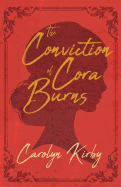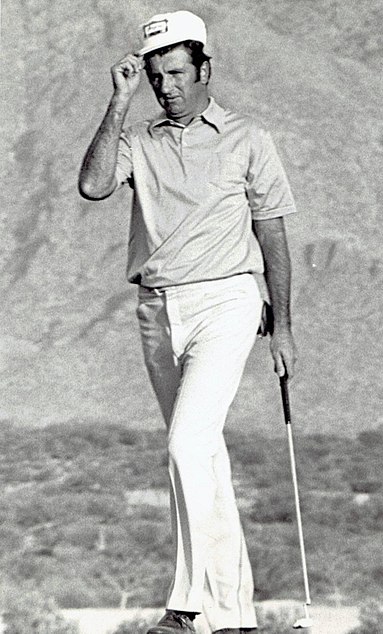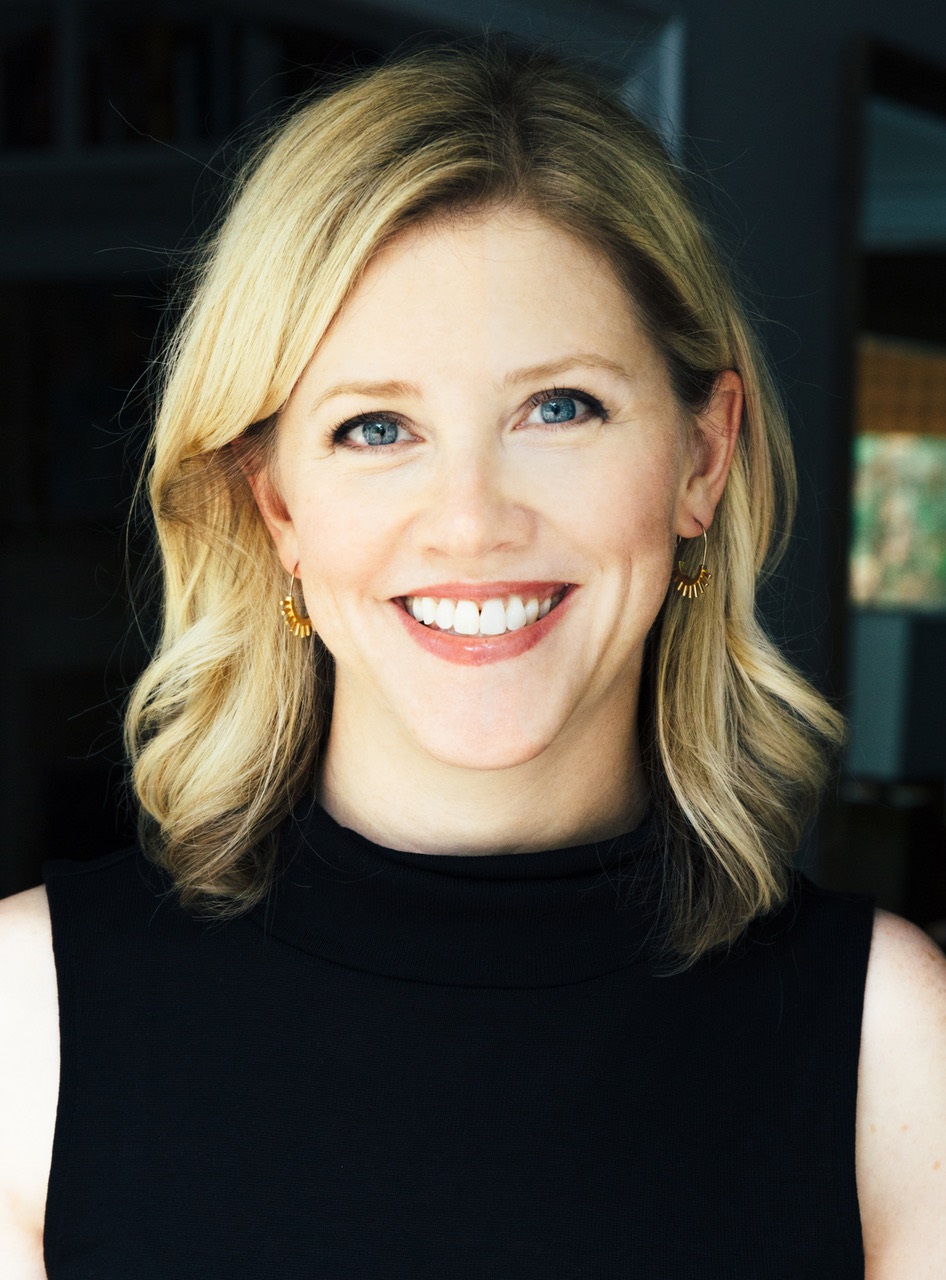 |
photo: Heidi Ross
|
Mary Laura Philpott's essays have appeared often in the New York Times and in the Washington Post, the Paris Review Daily and O, the Oprah Magazine. Her new collection, I Miss You When I Blink (Atria, April 2, 2019), is a memoir-in-essays--a funny yet poignant story of reinvention. She is also well known in the business as a bookseller at Parnassus Books in Nashville, Tenn., where she is founding editor of the store's magazine, Musing.
On your nightstand now:
My nightstand is an avalanche waiting to happen. On the top of the stack are three advance copies of books that come out in the next month or two: Mary Beth Keane's mesmerizing novel Ask Again, Yes, Helen Ellis's hilarious Southern Lady Code and John Glynn's charming memoir, Out East.
Favorite book when you were a child:
I had a love/hate relationship with Hans Christian Andersen's The Little Mermaid. I was appalled by the mermaid's grim fate and re-read the story again and again--as if I could just read closely enough to catch some detail that would magically make it all end differently.
Your top five authors:
This is utterly impossible to answer! I'm going to narrow down the category to favorite essayists, of which I still have too many to list. So here are just a random five of my top 20:
David Sedaris is simply one-of-a-kind.
Maggie O'Farrell knocked my socks off with her collection I Am, I Am, I Am, and I'll read anything else she ever writes.
Alexander Chee writes lovely fiction but also gorgeous personal essays, and his book How to Write an Autobiographical Novel is a master class in the form.
David Rakoff balanced humor and pathos better than just about anybody.
My friend Margaret Renkl holds my attention with essays about plants and caterpillars in a way no other nature writer can.
Book you've faked reading:
In second grade I lied and said I'd read our homework assignment, which was two chapters of Black Beauty. I had not read them, but I had read the previous chapters, which were painfully boring. I couldn't take any more.
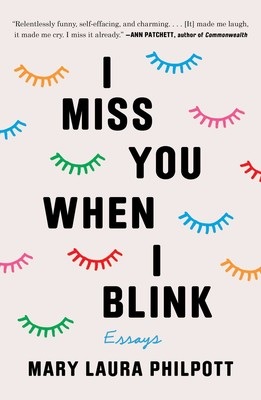 Book you're an evangelist for:
Book you're an evangelist for:
This is going to sound dorky, but it's a business book: Decisive by Chip Heath and Dan Heath. I recommend it to anyone trying to make a choice and stuck in what they think is an either/or situation.
Book you've bought for the cover:
Exit West by Mohsin Hamid is my favorite color blue AND it sparkles, which isn't exactly the reason I bought it (I bought it because I loved the galley so much I wanted to own the hardcover), but it is the reason it faces out on my bookshelf.
Book you hid from your parents:
I used to sneak off and read my grandfather's copies of Stephen King novels. Nine years old is the wrong age to read Firestarter, but I couldn't put it down.
Book that changed your life:
I wrote my thesis on Sylvia Plath's Ariel. To me it represents all the eye-opening reading I did in college, which is where I really learned to slow down as a reader and consider the intention behind every word in a piece of writing.
Favorite line from a book:
Ooh--that's a tough one. I have two recent favorites. From Stay with Me by Ayobami Adebayo: "The reasons why we do the things we do will not always be the ones that others will remember." Ain't that the truth? And the very first line of Marlena by Julie Buntin: "Tell me what you can't forget and I'll tell you who you are." What an opener.
Five books you'll never part with:
One of the only novels I ever re-read is Never Let Me Go by Kazuo Ishiguro. It is utterly heartbreaking and perfect.
I don't let anyone borrow my copy of Hyperbole and a Half by Allie Brosh. I will buy you your own, but this one is mine, because it has all my favorite pages folded down.
I'd like to say I'd never part with my high school copy of All the King's Men by Robert Penn Warren, but I lost it years ago.
Contrary to what the title implies, Nora Ephron seemed so relaxed and comfortable in her skin in I Feel Bad About My Neck, and I study that book for its ease and confidence.
I still have my mother's tattered copy of Tea-Time at the Masters, the cookbook published by the Junior League of Augusta, Ga., in the 1970s. I don't really cook from it, but the cover reminds me of childhood and I love my mom's judgmental notes scribbled in the margins. ("Too much sugar." Take that, pumpkin muffins!)
Book you most want to read again for the first time:
See book #1 in the question above. If I could brainwash myself to forget Never Let Me Go so that I could experience it anew, I would.
Book you've recently given to someone else:
The Girl Who Never Read Noam Chomsky by Jana Casale is a quiet novel from last year that felt very true to my life, and when I get the sense it might feel true for someone else, I make sure they have it.
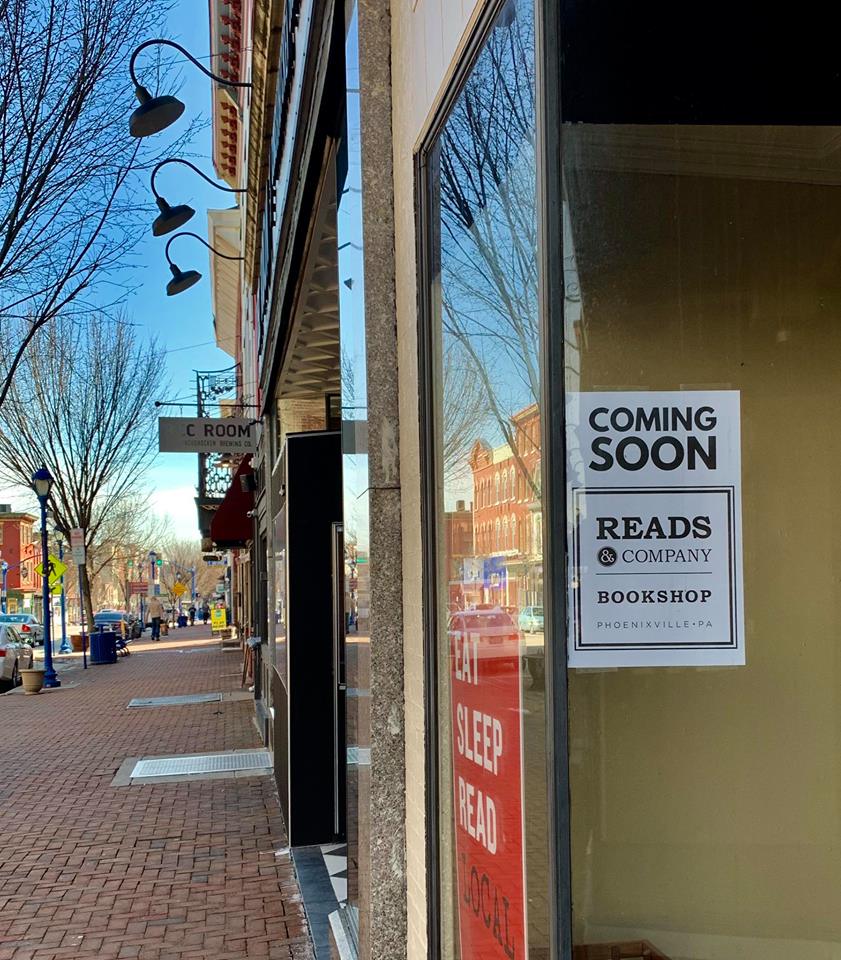 Robb Cadigan and Jason Hafer, founders of a new independent bookstore called Reads and Company Bookshop, are shooting to open in Phoenixville, Pa., in early May, Patch.com reported.
Robb Cadigan and Jason Hafer, founders of a new independent bookstore called Reads and Company Bookshop, are shooting to open in Phoenixville, Pa., in early May, Patch.com reported.




IPC.0204.S3.INDIEPRESSMONTHCONTEST.gif)




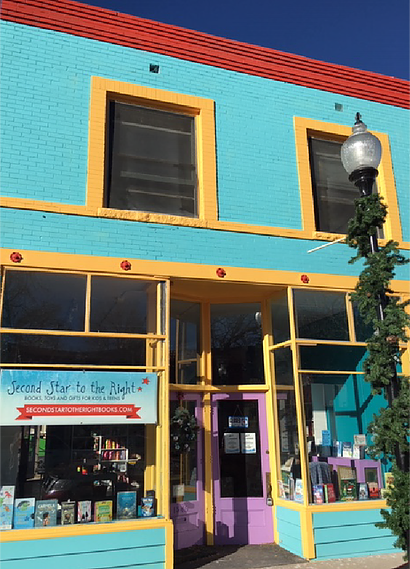


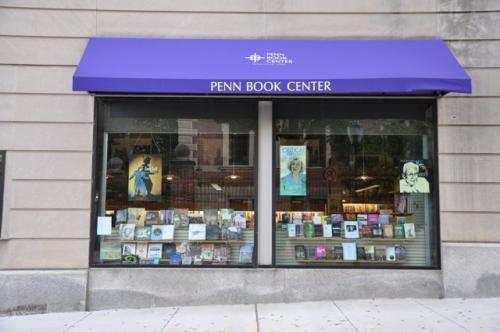
IPC.0211.T4.INDIEPRESSMONTH.gif)
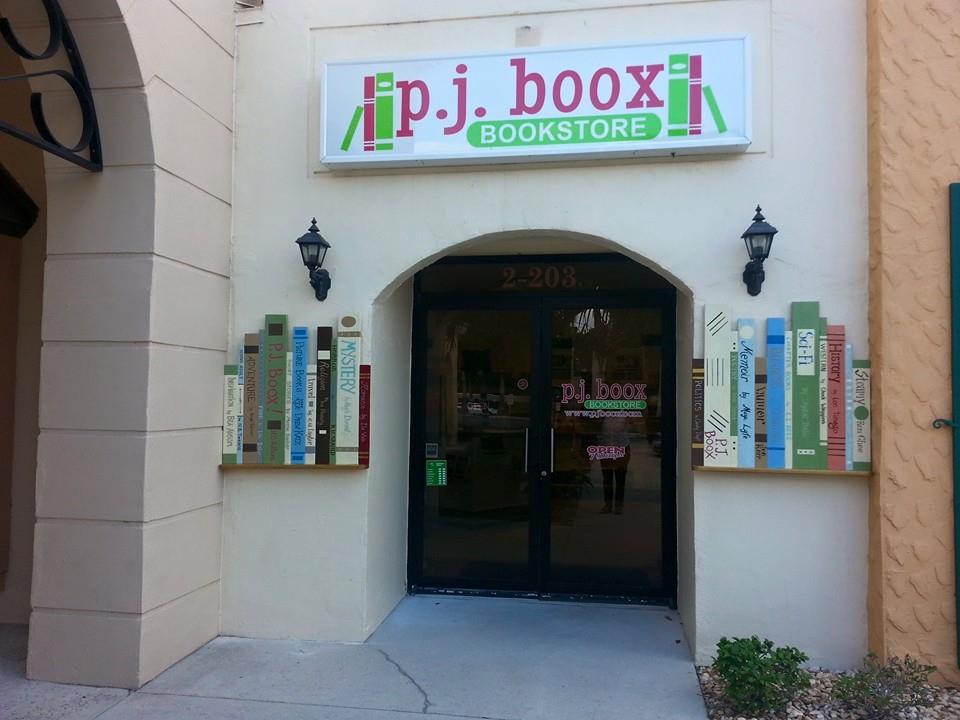 P.J. Boox Bookstore
P.J. Boox Bookstore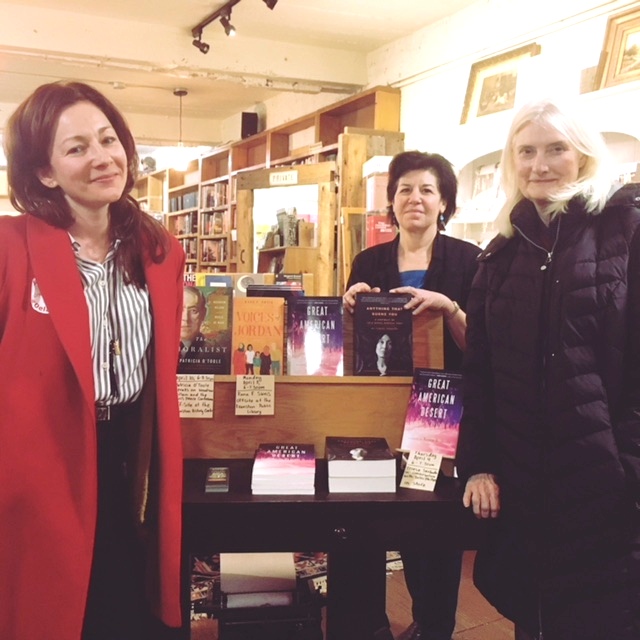
 The Worst-Case Scenario Survival Handbook: Expert Advice for Extreme Situations
The Worst-Case Scenario Survival Handbook: Expert Advice for Extreme Situations
 Book you're an evangelist for:
Book you're an evangelist for: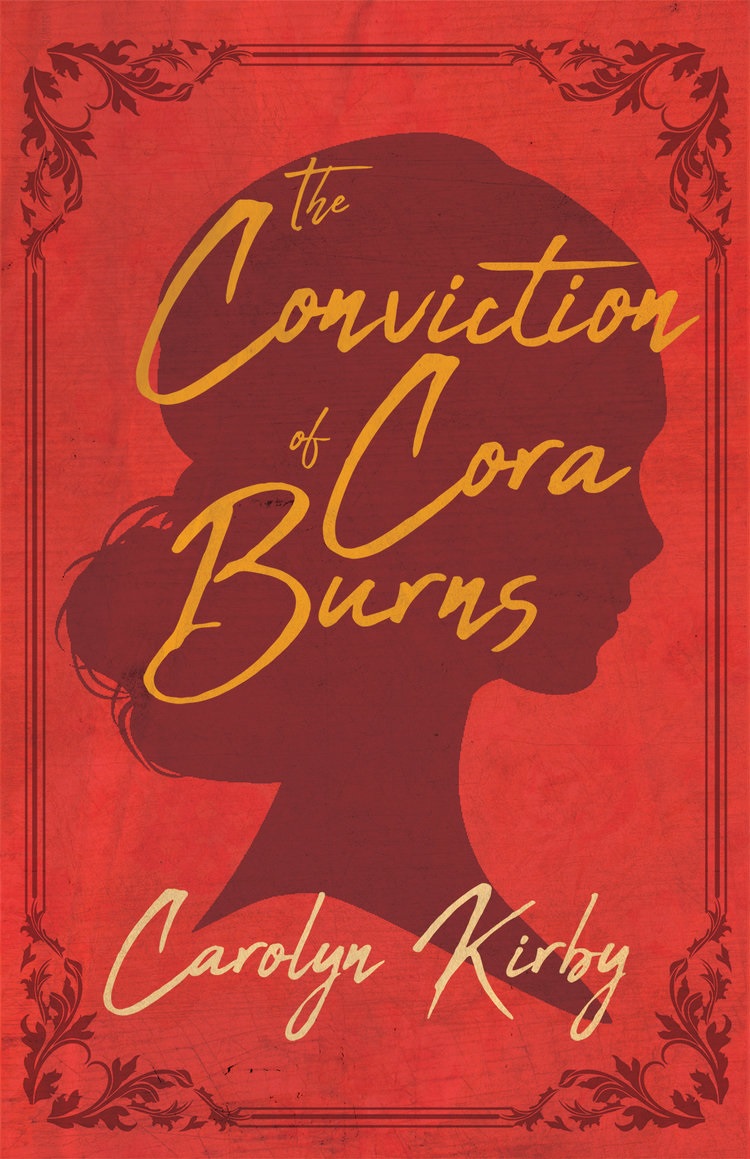 Are we born bad, or do our circumstances shape us?
Are we born bad, or do our circumstances shape us?